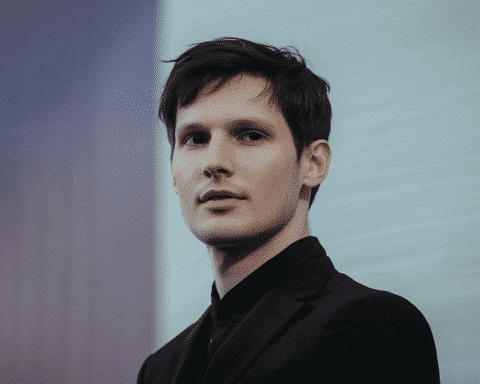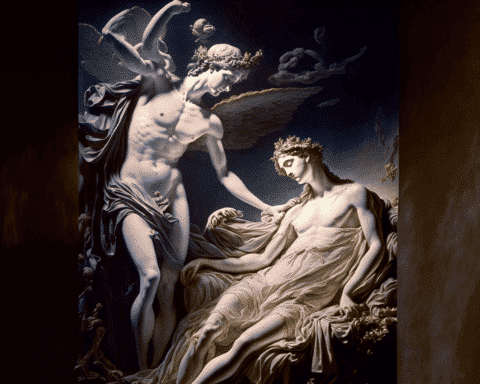France has witnessed a historic moment with the appointment of Gabriel Attal as its youngest prime minister. At 34, Attal, previously the French education minister, steps into a role that marks a significant shift in the country’s political landscape. This appointment by President Emmanuel Macron is seen as an effort to rejuvenate the government’s waning popularity.
Gabriel Attal is the youngest individual to hold this position in France and the first openly gay man to serve as prime minister. This groundbreaking appointment places him among the world’s most influential LGBTQ politicians.
Since July, Attal has been at the forefront of the country’s educational and youth policies. His term as the minister of education and national youth was marked by notable decisions, including a controversial ban on wearing the abaya in public schools and initiatives to combat bullying.
President Macron, expressing his confidence in Attal, stated on X (formerly Twitter), “I know I can count on your energy and your commitment.” Attal reciprocated this sentiment, expressing his gratitude for Macron’s trust and vowing to prioritize French potential and destiny control.
In his inaugural speech, Attal emphasized the importance of education, describing it as “the mother of our battles.” He pledged to allocate significant resources towards this sector, signifying its priority in his administration.
Attal’s political journey reflects versatility and adaptability. Initially aligned with the center-left Socialist Party, he joined Macron’s centrist Renaissance Party, demonstrating a dynamic political identity.
As prime minister, Attal inherits the challenges of forming a new government and facilitating legislative progress in line with the president’s agenda. However, most power remains with the presidency.
He succeeds Elisabeth Borne, whose tenure was marked by controversial reforms and societal upheavals. Attal praised Borne for her action and courage, acknowledging her contributions during her tenure.
Borne’s term was notable for her use of constitutional clauses to pass bills without votes, specifically in raising the retirement age. This strategy, while effective, led to criticisms of undemocratic practices and overshadowed her significant accomplishments.
The recent cabinet reshuffle, preceding Borne’s resignation comes at a crucial time for Macron and his government. With declining popularity and increasing support for the far-right, Macron appears to be strategizing for a political resurgence ahead of essential European elections and the Paris Olympics.
Marine Le Pen, a prominent far-right figure, criticized the new government, expressing skepticism about its effectiveness and dismissing the reshuffle as a mere display of ambition and ego.
Gabriel Attal’s rise to the prime ministership is a testament to his rapid political ascent and signifies a new chapter in French politics. As France navigates through complex domestic and international challenges, Attal’s leadership will be under scrutiny.
The appointment of Gabriel Attal as France’s youngest prime minister is a bold step into a new era of French politics. His leadership comes at a time of significant challenges and opportunities, both domestically and globally. As France and the world watch, Attal’s tenure will test his ability to balance progressive ideals with pragmatic governance, and his success or failure will undoubtedly shape the future of France.




